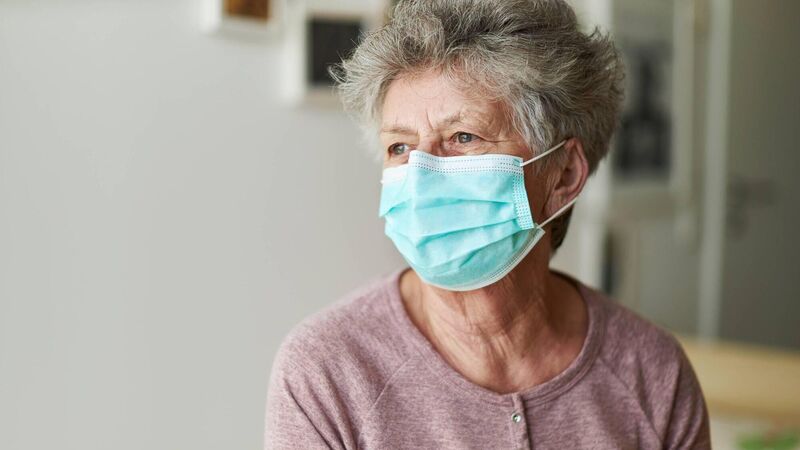Covid infections increase in Ireland — here's what to do if you have symptoms

The HSE has said that "unless you are in a specific risk group or setting, you will not be tested unless a GP or healthcare worker advises you to have one".
Covid-19 infections are on the rise in Ireland again and causing more hospital admissions, according to the HSE.
Indicators had been trending downwards in May but began to increase again towards the end of June. A similar trend is occurring across the UK.










